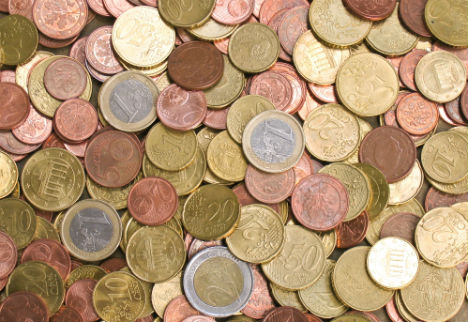This counters a commonly held belief expressed on internet forums that foreigners are a drain on the social system.
The European Social Survey (ESS) calculates that 30 percent of Austrians believe that foreigners receive more money from state benefits than they contribute in terms of social security payments. About two-thirds believe that foreigners get back as much as they pay in, and only seven percent think foreigners actually contribute more to the social system than they get back.
Now experts from Austria’s Ministry of Social Affairs and the European Centre for Social Welfare Policy and Research have looked at the figures from last year, and say they show that foreigners are actually paying in more to the system than they claim back.
According to a report in Der Standard newspaper, which has seen the figures, foreigners paid around €5.3 billion in social security in 2015 – equal to about 9.5 percent of all social contributions paid – but claimed only €3.7 billion (6.1 percent) in benefits. For Austrians, it’s quite a different picture – they paid in €50.5 billion, and claimed back €57.6 billion.
Calculated per capita, this means that the average Austrian claimed back around €970 more than they contributed in 2015, and the average foreigner paid around €1490 more than they claimed back. All social contributions are included in the calculations, but not tax. Basic social security payments for asylum seekers are not included in the calculations.
The average age of foreigners resident in Austria tends to be lower – with the majority under the age of 50 – meaning that few are claiming pension benefits, compared to Austrians. In 2015 foreigners paid €2.8 billion in pension contributions but claimed just €1.1 billion back.
“In truth, people without Austrian citizenship are financing our pension system,” Marc Pointecker, one of the study’s co-authors from the Ministry of Social Affairs said. He added that the Freedom Party’s proposal to introduce a separate social insurance system for foreigners, so that they couldn’t claim as many benefits, “would tear a huge hole in the pension system”.
The only area where foreigners do claim more back is unemployment benefits – in 2015 foreigners paid out a total of €600 million in unemployment insurance but claimed back €800 million.



 Please whitelist us to continue reading.
Please whitelist us to continue reading.